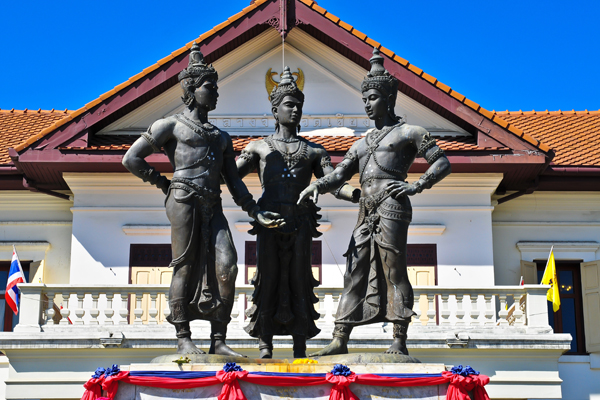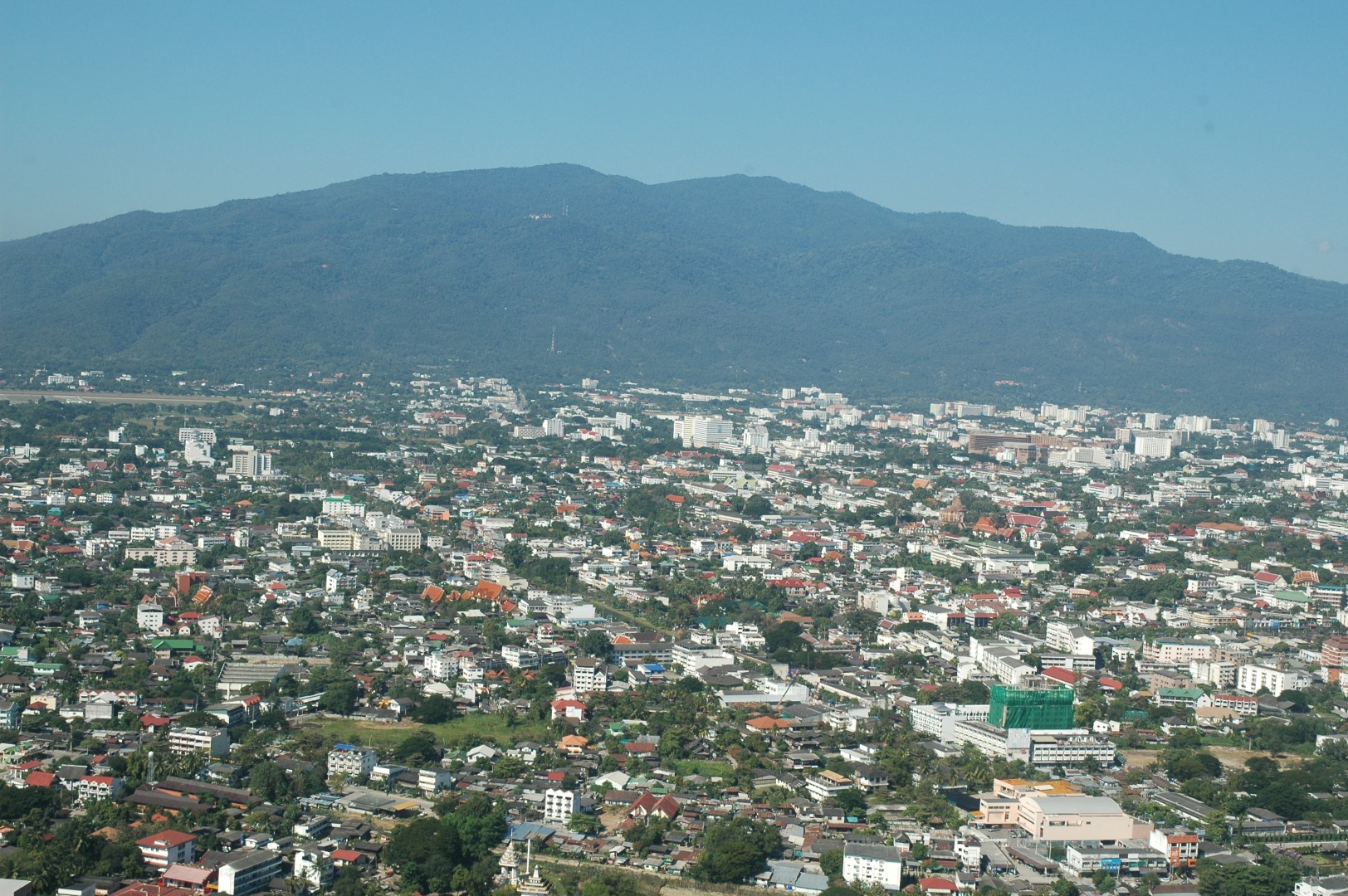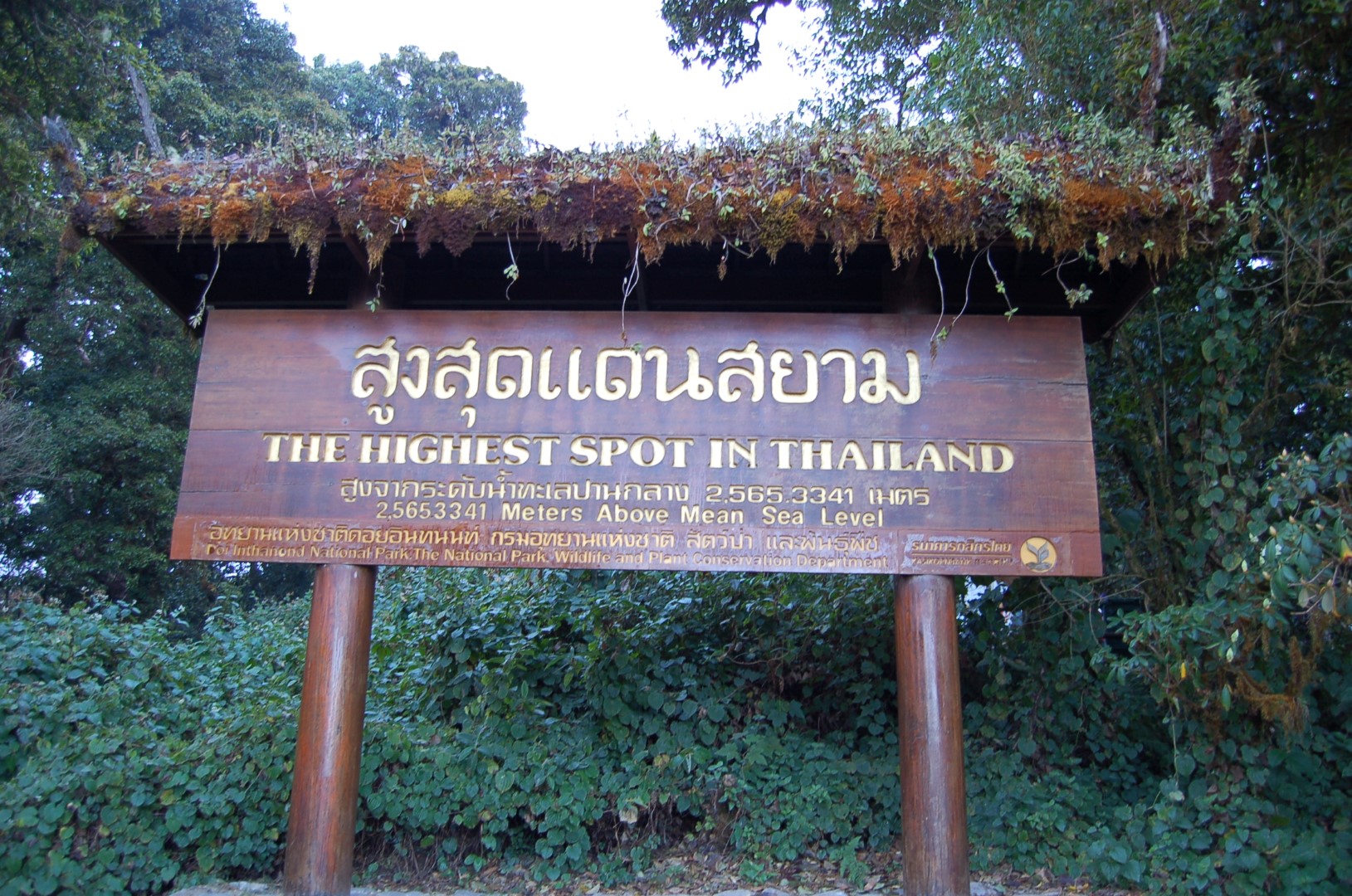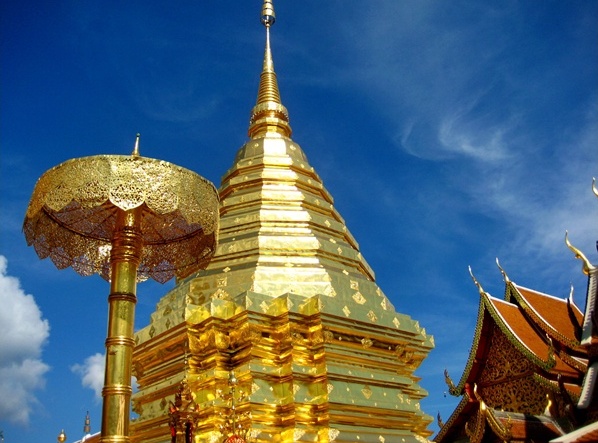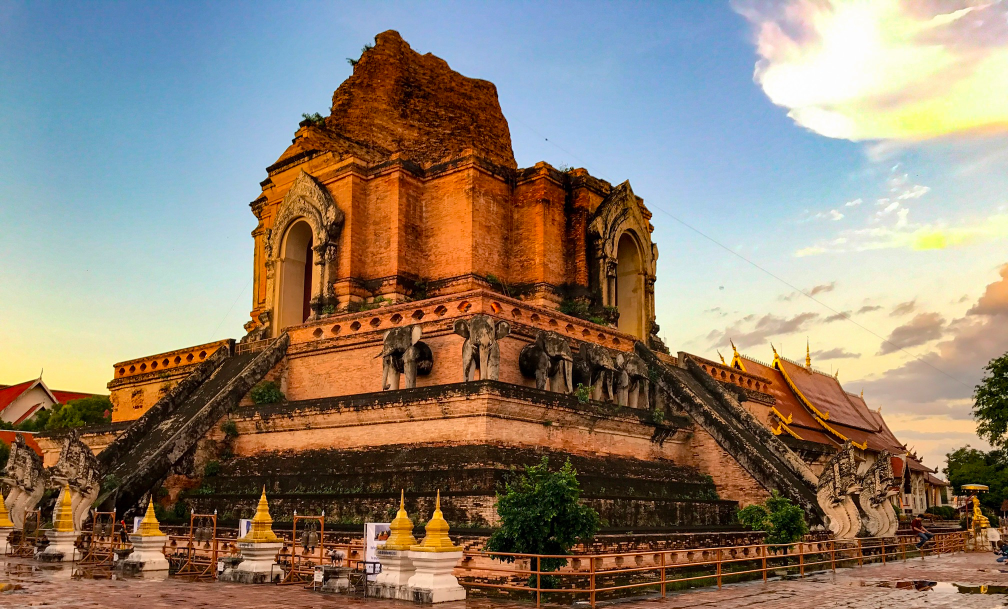Chiang Mai is one of the few places in Thailand where it is possible to experience both historical and modern Thai culture coexisting side by side: the city features centuries-old pagodas and temples next to modern convenience stores and boutique hotels. This dichotomy is best appreciated within the moat-encircled old city, which retains much of the fortified wall that once protected the city center as well as the four main gates that provided access to the former Lanna capital city. Strangely, for many years tourists had mistaken Chiang Mai simply as the base from which they could plan trekking and rafting trips to hill tribe villages and explore other provinces.
